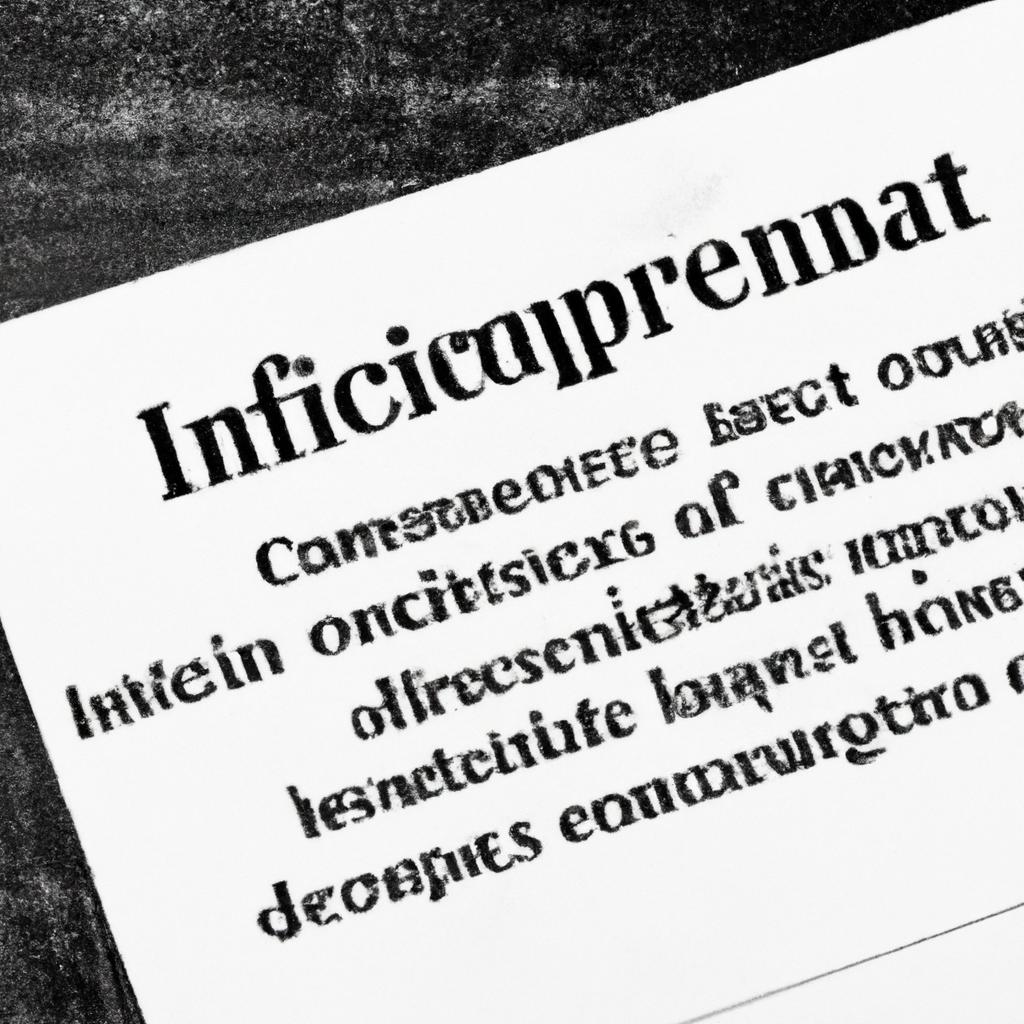In the realm of estate planning and trust administration, the designation of beneficiaries is a crucial component that ensures the orderly distribution of assets upon one’s passing. However, what happens when unforeseen circumstances arise that may necessitate overriding a designated beneficiary? In the intricate world of estate law, there are certain circumstances and legal mechanisms that can supersede beneficiary designations. In this article, we will delve into the factors that can override a beneficiary and the importance of understanding these complexities in order to protect your wishes and assets. As experienced attorneys at Morgan Legal Group, based in the bustling metropolis of New York City, we specialize in navigating the intricacies of estate planning, probate, elder law, Wills, and trusts to provide our clients with the knowledge and expertise needed to secure their legacies.
Factors That Can Override a Designated Beneficiary
It is essential to understand that certain factors can override a designated beneficiary in your estate planning documents. These factors can impact who receives your assets upon your passing, so it is crucial to be aware of them. One key factor that can override a designated beneficiary is a change in family dynamics, such as divorce or estrangement. In such cases, the designated beneficiary may no longer be eligible to receive the assets as intended. It is important to regularly review your estate planning documents to ensure that your wishes align with your current family situation.
Another factor that can override a designated beneficiary is the presence of creditors. If you have outstanding debts at the time of your passing, creditors may be entitled to a portion of your assets before they are distributed to your designated beneficiaries. It is important to consider these potential claims when making decisions about your estate plan. Additionally, certain legal documents, such as divorce decrees or court orders, may also impact the distribution of your assets. It is crucial to consult with an experienced estate planning attorney to ensure that your wishes are accurately reflected in your documents and to navigate any potential challenges that may arise.
| : |
|---|
| 1. Change in family dynamics (divorce, estrangement) |
| 2. Presence of creditors |
| 3. Legal documents (divorce decrees, court orders) |

Impact of Legal Obligations on Beneficiary Designations
In the world of estate planning and beneficiary designations, legal obligations can sometimes override the intentions of the account holder. It’s crucial to understand what factors can influence who ultimately receives your assets upon your passing. Here are some key elements that can potentially override a beneficiary designation:
- State Laws: Different states have different laws governing beneficiary designations. Some states have community property laws that may dictate how assets are distributed.
- Court Orders: In some cases, a court order may override a beneficiary designation. This could happen in situations involving divorce, child support, or other legal disputes.
- Legal Guardianship: If a beneficiary is a minor or incapacitated, a legal guardian may be appointed to manage the assets on their behalf.
| Scenario | Effect on Beneficiary Designation |
|---|---|
| Divorce | May override beneficiary designation |
| Minor Beneficiary | Legal guardian may manage assets |
| Court Order | Has the power to change beneficiary |

Contesting Beneficiary Designations in Estate Planning
When it comes to estate planning, ensuring that your assets are distributed according to your wishes is crucial. However, there are situations where the designated beneficiaries may need to be contested. It is important to understand what can override a beneficiary designation in order to protect your estate and your loved ones.
There are several factors that can override a beneficiary designation in estate planning:
- Legal challenges: If a beneficiary designation is legally challenged in court, a judge may override it based on evidence presented.
- Errors or inconsistencies: If there are errors or inconsistencies in the beneficiary designation, it may be deemed invalid and overridden.
- Changes in circumstances: Significant changes in circumstances, such as divorce or death, can impact the validity of beneficiary designations.
- Undue influence: If it is believed that the beneficiary designation was influenced by undue pressure or coercion, it may be contested and overridden.

Recommendations for Updating and Reviewing Beneficiaries in Trusts and Wills
When it comes to updating and reviewing beneficiaries in trusts and wills, there are several important factors to consider. One key aspect to keep in mind is that certain events or circumstances can override a designated beneficiary. It is crucial to stay informed about what can potentially impact the validity of beneficiary designations in estate planning documents.
Some common factors that can override a beneficiary include changes in marital status, the birth of a child, divorce, and the death of a beneficiary. Additionally, certain legal actions, such as court orders or judgments, can also affect beneficiary designations. It is essential to regularly review and update beneficiaries in trusts and wills to ensure that your assets are distributed according to your wishes.
Q&A
Q: What can override a beneficiary in a will?
A: Various circumstances can override a designated beneficiary in a will, such as a divorce, the death of the beneficiary, or a change in estate planning documents.
Q: Can a designated beneficiary be challenged?
A: Yes, a designated beneficiary can be challenged in certain situations, such as cases of fraud, coercion, or incompetence.
Q: What happens if a beneficiary predeceases the person who made the will?
A: If a beneficiary predeceases the person who made the will, the assets designated for that beneficiary may be redistributed according to the terms of the will or according to state laws.
Q: Can a named beneficiary be changed?
A: Yes, a named beneficiary can be changed by updating the will or estate planning documents with the proper legal procedures.
Q: Are there any specific legal requirements for changing a beneficiary?
A: Yes, changing a beneficiary typically requires following specific legal requirements outlined in state laws or the original estate planning documents. Consulting with a legal professional is advisable to ensure any changes are valid and enforceable.
Q: Can a beneficiary be overridden by a court decision?
A: Yes, a court decision can override a designated beneficiary in certain circumstances, such as a legal challenge to the validity of the will or proper distribution of assets.
In Retrospect
In conclusion, it is important to understand the various factors that can potentially override a beneficiary designation. Whether it be changes in family circumstances, legal requirements, or specific provisions in a will or trust, there are multiple avenues through which a beneficiary designation can be altered. By staying informed and keeping documents up-to-date, individuals can ensure that their wishes are carried out as intended. Remember, careful planning and regular review are key to protecting your legacy for future generations.












